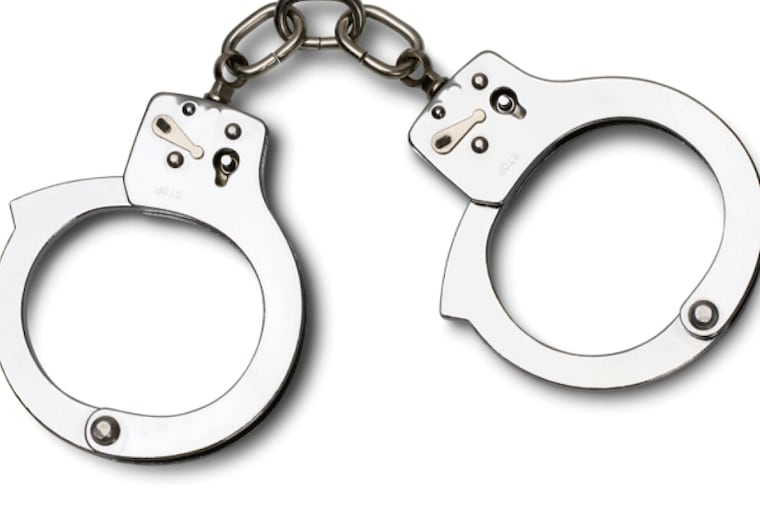Philly appeals court hears case on Trump administration’s effort to deport pro-Palestinian activist Mahmoud Khalil.
President Donald Trump’s administration has formally requested a federal appeals court in Philadelphia to reverse a recent ruling that currently prevents the deportation of Mahmoud Khalil, a pro-Palestinian activist. This legal dispute follows the administration’s earlier attempts to intensify enforcement against anti-Israel sentiments on college campuses.
During proceedings before a three-judge panel in Center City, Deputy Assistant Attorney General Drew Ensign characterized the prior decision, issued by a federal judge in New Jersey, as deeply flawed. Ensign argued that the ruling’s jurisdiction was inappropriate and that it permitted Khalil’s legal representatives to effectively “fragment” his various legal proceedings, potentially leading to more favorable outcomes in select venues.
Khalil’s legal team, however, contended that the government’s actions amounted to an unconstitutional targeting of their client due to his political beliefs, thereby infringing upon his First Amendment rights. They argued that the implications of the government’s approach could extend far beyond Khalil, potentially affecting the rights of individuals across the nation amid the administration’s heightened deportation agenda.
Khalil, a legal permanent resident originally from Syria, voiced his determination to fight against his removal from the United States after the hearing. He underscored his belief that his case represents a broader struggle for rights applicable to all individuals, regardless of their immigration status.
The legal troubles that began for Khalil in March escalated after his arrest at Columbia University, where he was recognized for his active participation in pro-Palestinian demonstrations. Following his detention, the administration sought his deportation, claiming that his statements and continued presence could be detrimental to U.S. foreign policy.
Following his arrest, Khalil’s attorneys quickly initiated legal challenges in both New York and New Jersey, primarily to contest the legality of his detention and deportation. However, he was subsequently transferred to a facility in Louisiana, where he remained in custody for over three months.
Ensign emphasized the importance of jurisdiction, arguing that any challenges to Khalil’s detention should have originated in Louisiana, where he was primarily held. Consequently, he maintained that the New Jersey ruling that temporarily halted Khalil’s deportation should be overturned.
The appellate judges exhibited skepticism toward some of the government’s arguments. Circuit Judge Stephanos Bibas highlighted the difficulties faced by attorneys in knowing Khalil’s location during the weekend transfer, implying that this uncertainty should not penalize legal counsel in urgently seeking redress.
Conversely, the judges appeared more amenable to the government’s concerns regarding the intricate network of case threads surrounding Khalil’s deportation. His immigration matter is still under consideration in Louisiana following a ruling that ordered his removal to either Syria or Algeria due to alleged omissions on his green card application related to his activism.
As the court proceedings continue, it remains unclear when a decision will be reached by the judges regarding the appeals. Khalil remains resolute, pledging to persist in his legal battle to secure his right to remain in the country.
This case raises significant constitutional questions about the intersection of immigration enforcement and the First Amendment, illuminating broader debates on the rights of activists within the current legal framework.
Media News Source







